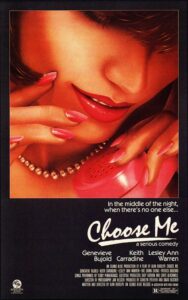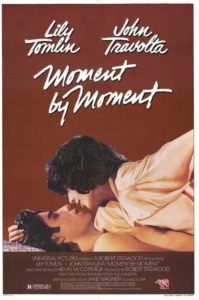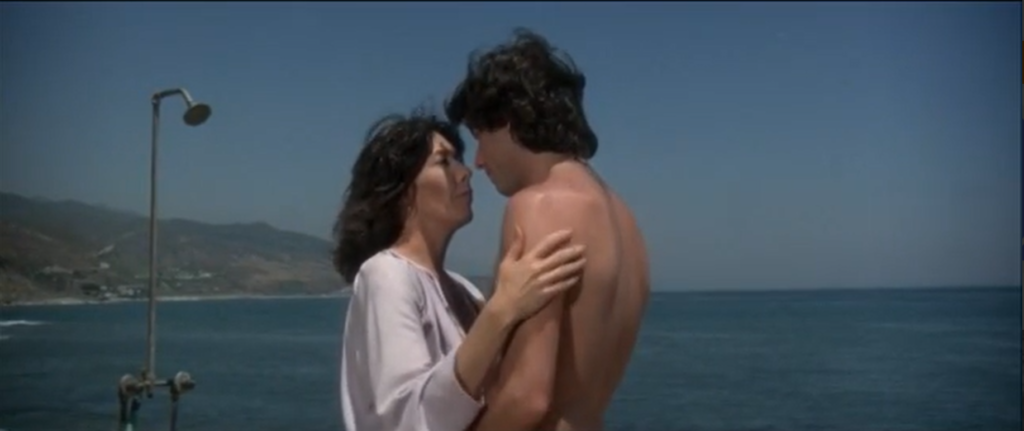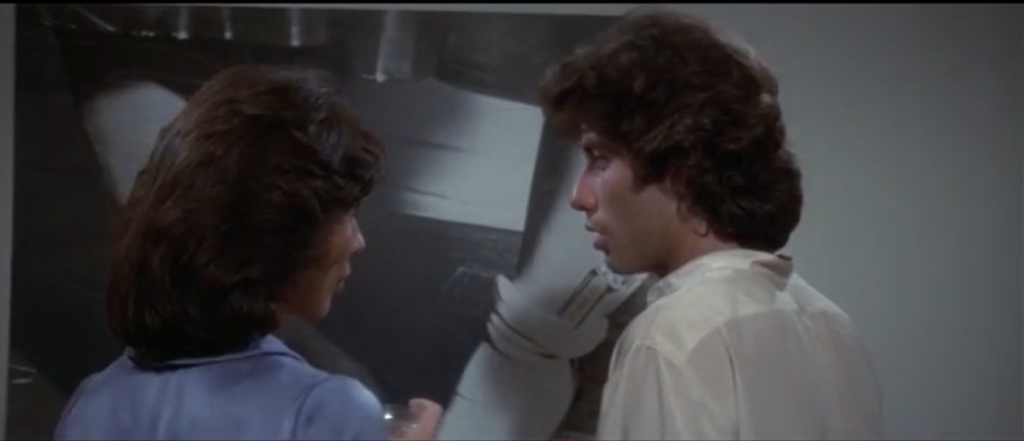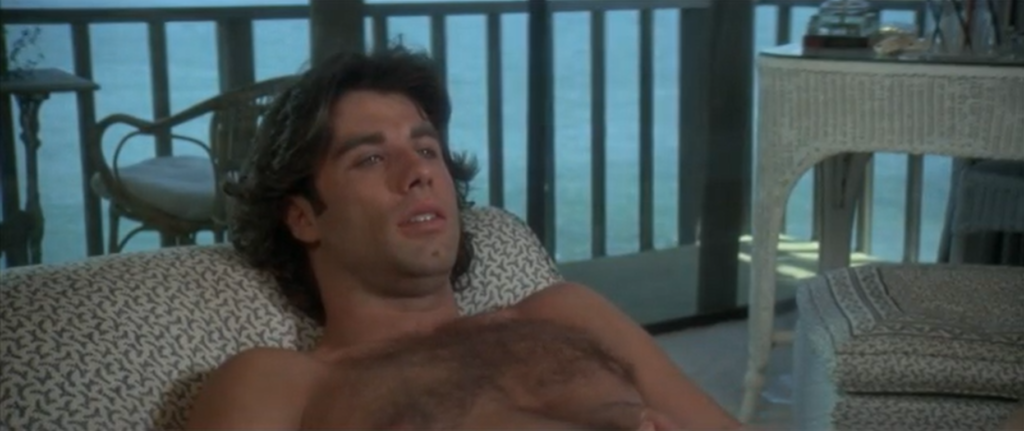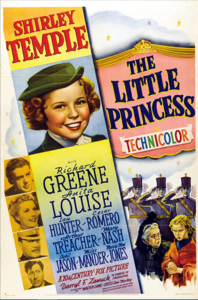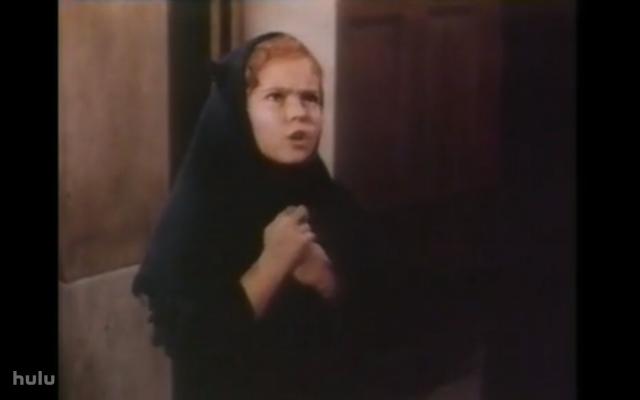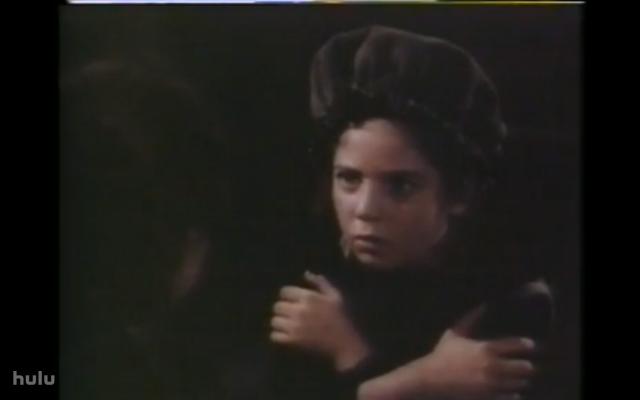|
Genres, Themes, Actors, and Directors:
- Alan Rudolph Films
- Genevieve Bujold Films
- Keith Carradine Films
- Looking for Ms./Mr. Right
- Mistaken Identities
- Radio
Response to Peary’s Review:
As Peary notes, this “zany film” about “troubled characters who make coincidental connections with each other, put up false fronts, act crazy, and are hopelessly confused and worried about sex, love, marriage, and their inability to communicate” is a sleeper favorite of many — possibly because we can all relate to feeling this way ourselves at one point or another in our lives. The “preposterous” ensemble storyline (written by Rudolph) nonetheless “has the ‘logic’ of crazy real life”, and “we willingly suspend our disbelief because we’re touched by the characters and root for them to make it out of their misery”. This is due in large part to the “superb” cast, with Lesley Ann Warren giving perhaps her most vulnerable performance, and Genevieve Bujold digging deep into the neuroses of her character — a famed sexologist who, ironically, has never experienced satisfying intimacy herself. Carradine essentially plays yet another a variation on his standard womanizing persona, but, as Peary notes, in this film we “believe him each time” he “tells [a] woman that he loves her and wants to marry her”:
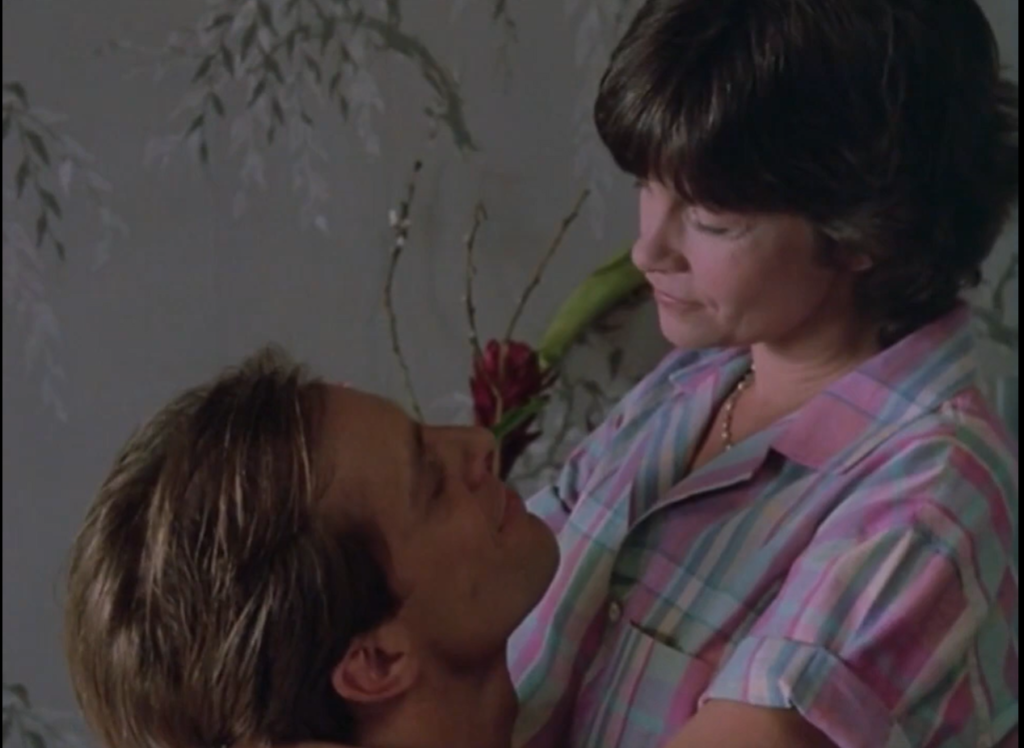
… and we’re relieved that he ultimately “manages to be a positive influence.” Adding to the film’s dreamlike ambience are Jan Kiesser’s cinematography (evoking a nighttime L.A. unlike any other I’ve seen) and the jazzy soundtrack by Teddy Pendergrass, whose “Choose me, baby” refrain emerges at strategic, emotionally loaded moments.
Redeeming Qualities and Moments:
- Genevieve Bujold as Dr. Love/Ann
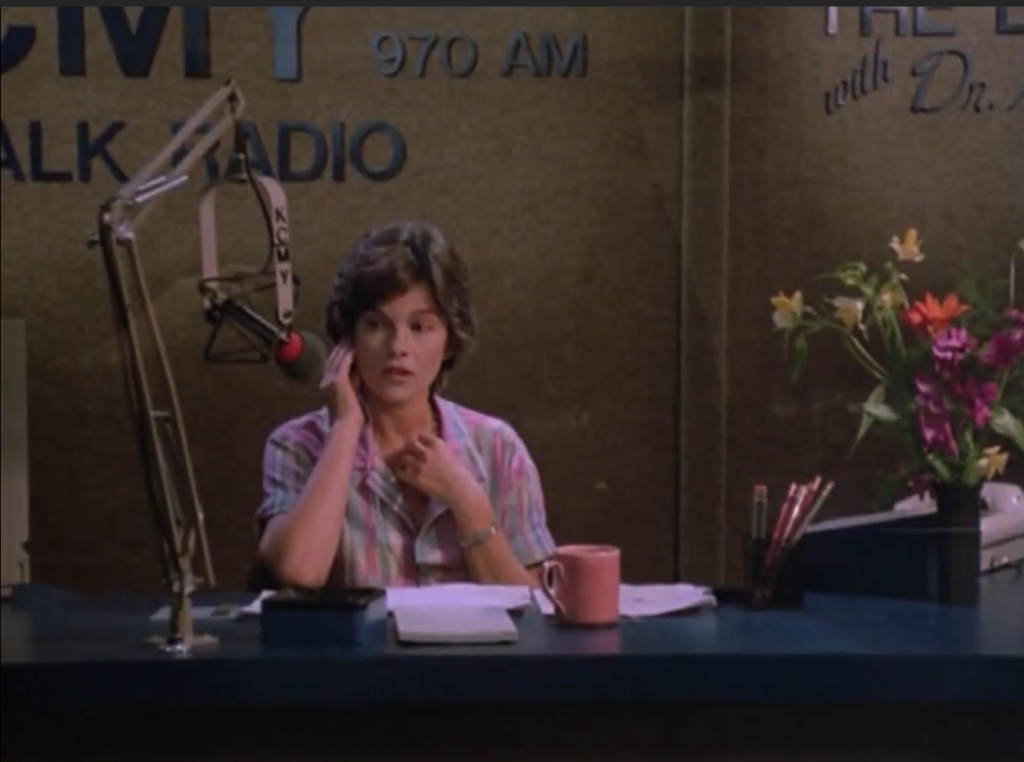
- Lesley Ann Warren as Eve (voted one of the best actresses of the year in Peary’s Alternate Oscars book)
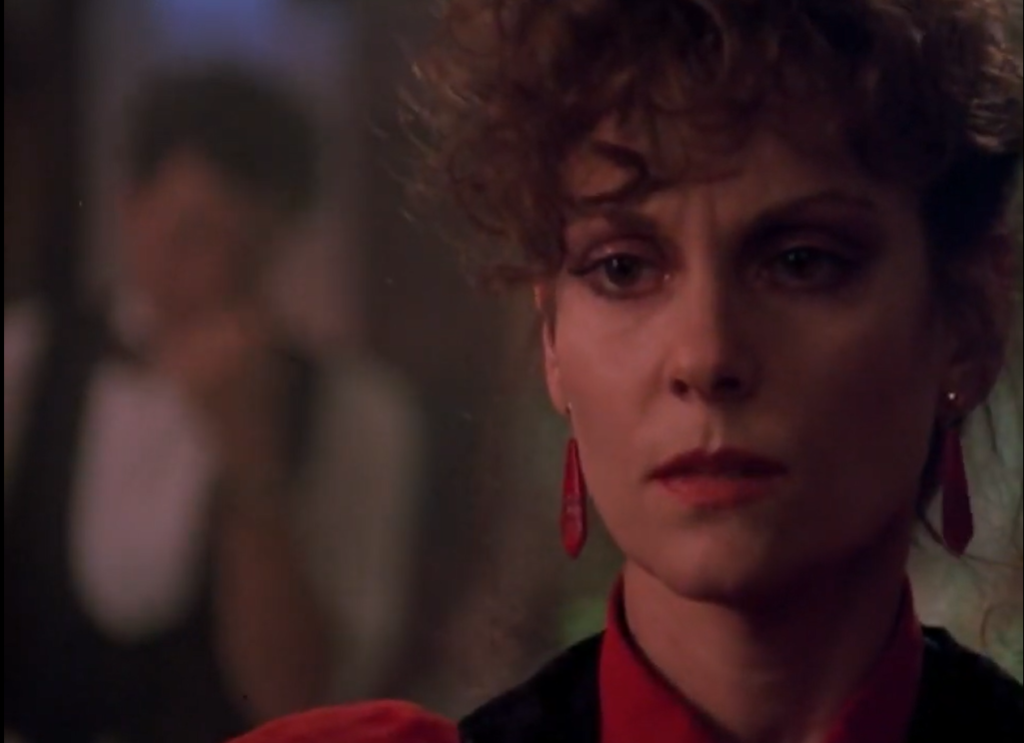
- Lush, evocative visuals
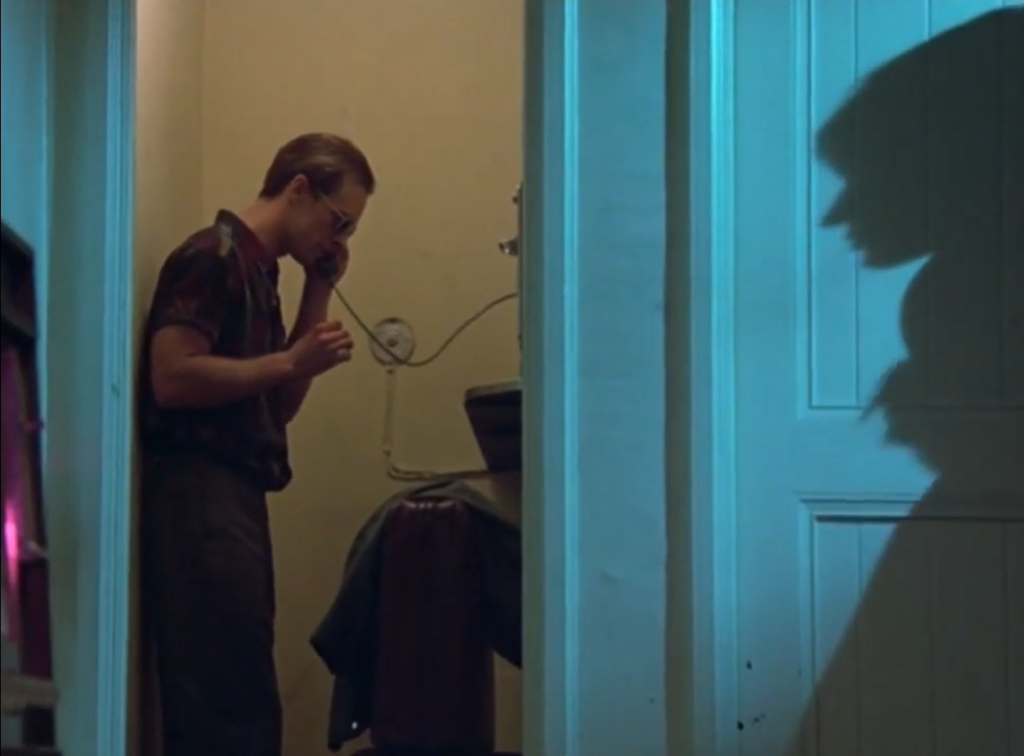
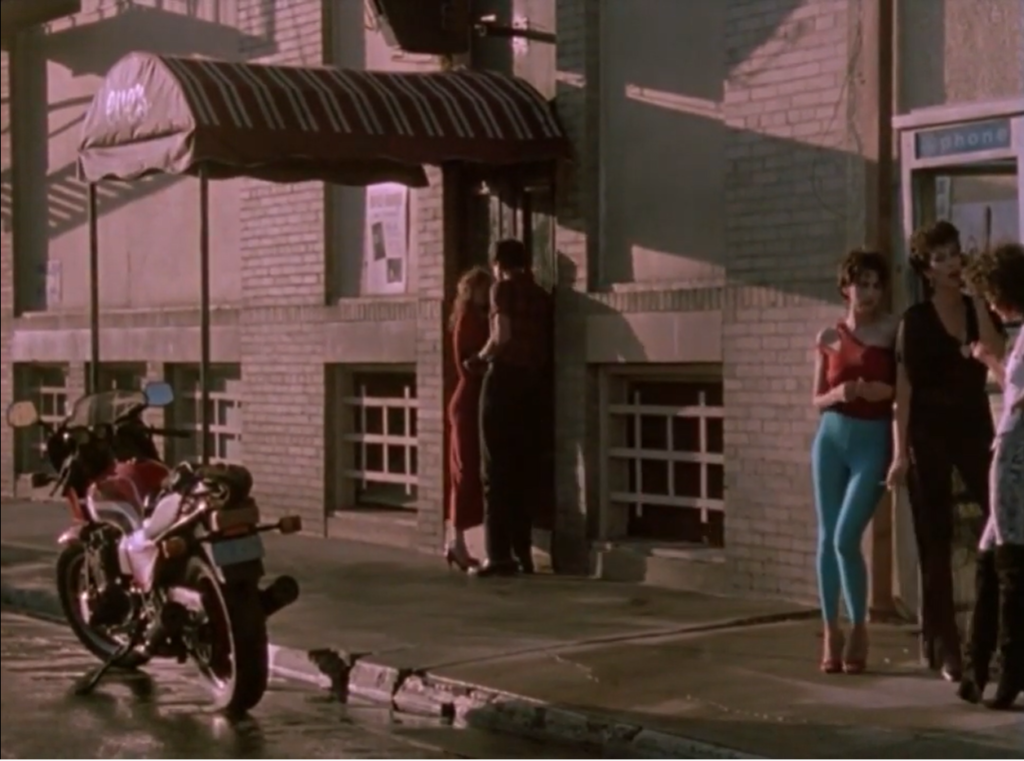
- Teddy Pendergrass’s background score
Must See?
Yes, as perhaps Rudolph’s most memorable film.
Categories
Links:
|
